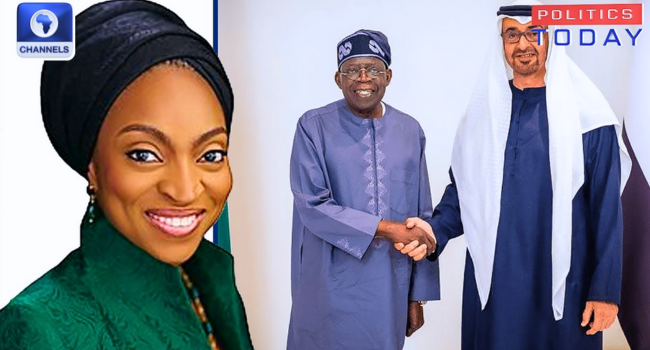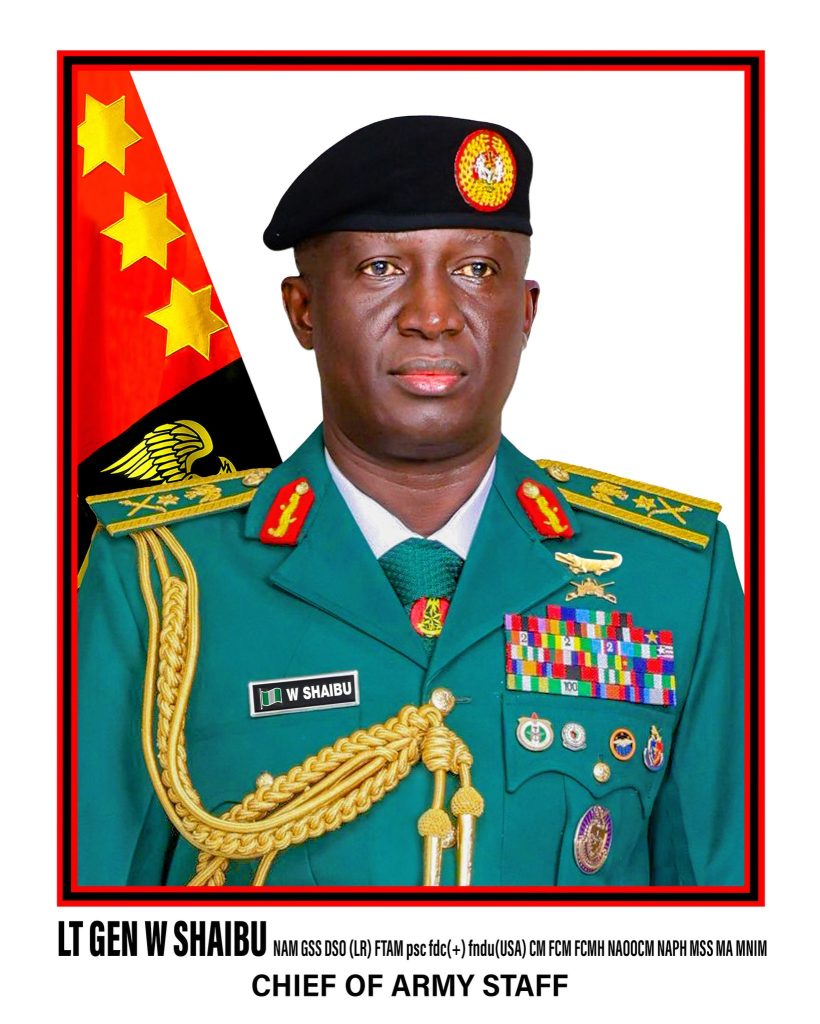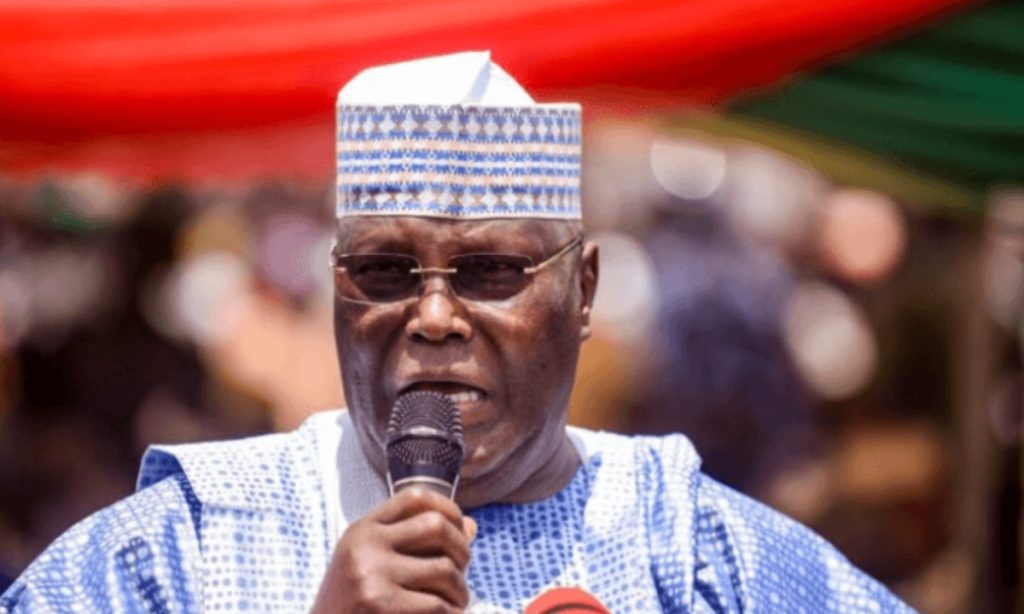Malawi’s President Lazarus Chakwera: A Leader of Faith and Resilience
In 2020, Professor Lazarus McCarthy Chakwera took office as Malawi’s sixth President, bringing with him a message of redemption, renewal, and resilience. Known as “the man of the cloth” for his decades as a pastor and theologian, Chakwera has steered the country toward measurable progress despite inheriting a battered economy and a volatile political landscape.
Chakwera’s administration, born out of the historic 2020 “Tonse Alliance” coalition, has delivered tangible improvements. Inflation has been brought under control, the Reserve Bank’s independence has been restored, and debt restructuring has opened doors to fresh financing. The rollout of the Affordable Medicines Facility has improved access to life-saving drugs, and electricity access has expanded, bringing power to thousands of homes.
Education reforms have brought millions of children back to classrooms, and the “One Million Teachers” campaign aims to address the critical shortage of educators in public schools. Chakwera’s leadership style, rooted in accountability, prayer, and purpose, has earned him a reputation as a rare and refreshing leader in a region where leaders often cling to power.
However, challenges persist. Malawians still grapple with unemployment, climate change threatens agriculture, and bureaucratic inefficiencies slow down development projects. The MCP-led Tonse Alliance faces internal strains, and the 2025 general elections loom large. Can Chakwera’s coalition hold? Can the MCP secure a fresh mandate on its own strength?
The signs are cautiously optimistic. Approval ratings remain relatively strong, particularly in rural areas where development projects are visible. The government’s focus on infrastructure, healthcare, and education has built a foundation of goodwill. But to win back a new mandate, Chakwera must do more: accelerate job creation, deepen public sector reforms, and ensure that the benefits of growth reach the poorest.
As the 2025 elections approach, the question isn’t just whether Chakwera can win again—but whether Malawians believe in the promise he first offered: a nation reborn, not by miracles, but by steady, faithful work. Malawi is not yet where it needs to be, but it is undeniably better off than it was four years ago. Schools are fuller, clinics are better stocked, and corruption is no longer a taboo topic. If Chakwera’s journey continues, it will remain, as he would say, an honour—for all Malawians.



